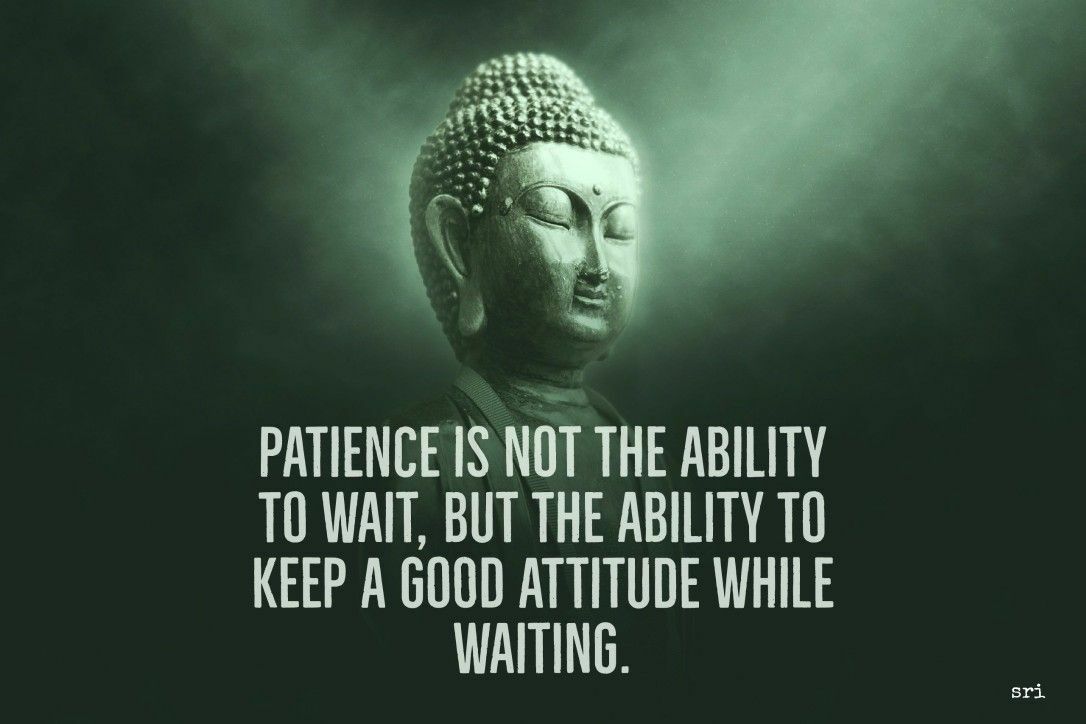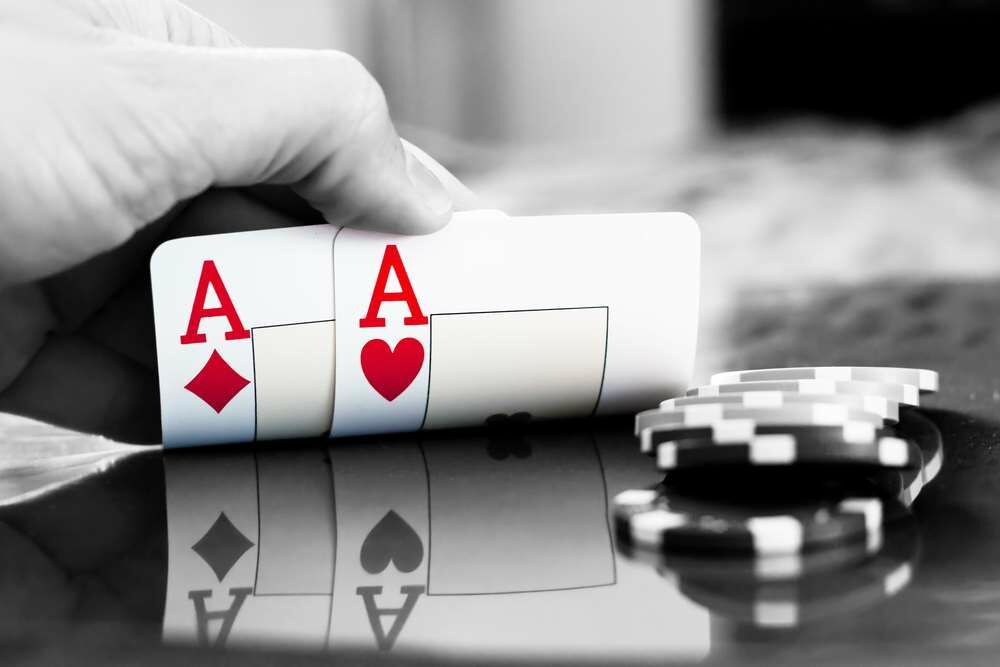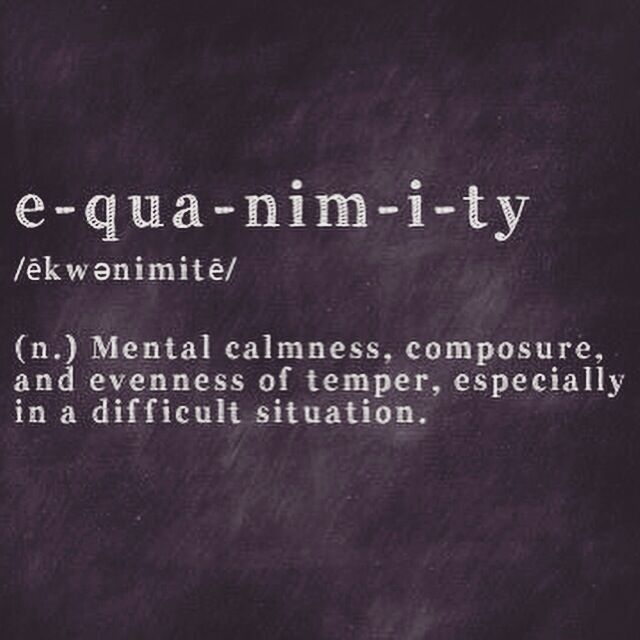Mastering patience: How Thai Buddhism and poker share wisdom

Poker can be a ritualistic practice for its most dedicated players. The very best to step up to the poker table will have set rules, practices, and traditions on how to approach the game. As such, their actions can resemble the deeply religious. So what elements can Thai Buddhism teach us poker site players?
What is Thai Buddhism, Again?
The chances are that you have a good understanding of Buddhism but might not have heard the phrase ‘Thai Buddhism’. More commonly known as Theravada Buddhism within the country, might share a lot of core beliefs with other strands of Buddhism but has some cultural differences which relate more closely to the geographic boundaries and demographics of South East Asia. As well as 92% of the population in Thailand, this sect of Buddhism is also practiced by masses of people in Laos, Cambodia, and Myanmar.
Patience Above Everything
Thai Buddhism teaches that patience is an essential virtue in life. The teachings speak that one can react to struggles and even enhance their victories with ample patience. It wants followers to assess situations instead of acting impulsively and with emotions inflicting their minds. US poker site players can learn a lot from these Buddhist principles. At the table, it’s important to utilise your time to adjudge the table accordingly, instead of betting gung-ho and losing your money relatively quickly.
Furthermore, the desire to eliminate emotions for decision-making almost directly speaks to the poker phenomenon of tilt. If players on this prime selection of US poker sites were able to remove such negative emotions, then they’d certainly lose a lot less money.

Mindfulness to Stay in the Moment, at the Table
Thai Buddhism teaches mindfulness as another key pillar of its lifestyle. The ability to be fully aware of the current moment, to judge it as it happens, observing your own thoughts, feelings, and actions – while also being able to consider others. Then reacting without judgment or prior thought, essentially that’s the mindfulness on offer here.
Poker players could most certainly take a lot from the same teachings. If poker players adopted Thai Buddhism, they could learn the ability to take every hand as it comes rather than harboring judgment or ill feelings from the prior round – increasing their chances of winning as they are not hung up on prior results.

The Power of Acceptance
Acceptance is another instrumental belief in Thai Buddhism. Essentially, the thought is that what happens in life – should be accepted for what it is. The mindset to embrace difficult times and move on, will allow more mental peace and stop unnecessary suffering from being prolonged.
Even the very best poker players could learn from this. The attribute to not being hung up on prior rounds, accepting that it has ended, and moving on would help numerous players, as it would prevent tilt from occurring. It would also serve as a great tool for allowing poker players to exit tables when they need to accept that it is simply not their night.
Discipline in Strategy
There are more than a few modules on self-discipline across Buddhism and Thai Buddhism. Commitment to one’s long-term goals needs to be observed, adhering to their own principles and the fundamental pillars of Buddhism. There are direct synergies that can be observed by poker players which will allow them to succeed. Being able to stop impulsive decisions, and stick to a pre-determined game plan, instead of being coaxed into tricky and risky opportunities. Furthermore, these discipline rulings will assist with bankroll management too.

Equanimity in Life and at the Poker Table
Equanimity might not be the hottest word in the dictionary but it essentially means, ‘mental resilience’. Thai Buddhism teaches that being able to maintain mental composure throughout all situations will allow its practitioners to react with a steady and calm mind. The theory is that Thai Buddhists will be able to accept the lows of life while also acting toward positive outcomes with good grace.
Given the mental attributes consigned to poker, no poker player in the world would not benefit from a better grasp of equanimity. The ability to take a grounded approach to both winning and losing would ensure that they are not emotionally swept up with tilt or over-confident plays.

Latest Thailand News
Follow The Thaiger on Google News:


























